A Highland grandmother who has battled bone marrow cancer for the last 20 years wants to see a change in the law to give her the option to die on her own terms.
Annette Ward, who lives in Dunnet, Caithness, was told she had just five years to live after receiving the “devastating” news she had multiple myeloma in 2004.
Now, 20 years on, she is defying that initial prognosis, but the experience has led her to support moves to introduce assisted dying legislation in Scotland.
Speaking to the P&J, the 70-year-old, said she felt “absolute shock” at her diagnosis, which came shortly after losing her sister to breast cancer.
“I just couldn’t believe it was happening to me as well”, she added.
Multiple myeloma, also known as myeloma, can affect areas of the body including spine, skull, pelvis and ribs.
Annette had her first stem cell treatment in 2005 when she recalls “feeling like she was dying” and it took about 18 months to get over.
Doctors had advised her to consider moving somewhere with less pollution to help with her form of cancer.
The decision was made to relocate more than 600 miles to Dunnet, where she lives with husband Sharkey.
In 2009, she “sailed through” her second stem cell treatment and she has responded well to chemotherapy treatments over the last two decades.
‘I do know the pain I could face’
But she is well aware of the level of pain she could face, after suffering fractures in her spine – a side effect of her cancer – in 2019.
She said: “I picked up a heavy garden chair with one hand and I felt my back just go.
“An MRI scan showed I had compression fractures in my back. The next morning when I woke up I couldn’t get out of bed because the pain was so bad.
“The ambulance had to creep all the way to Wick. I do know the pain that I could face.”
It was at this time that it “really hit home”.
Annette said: “I think it’s a very important bill which should go through. You have control over your life and I think you should have equal control over your death and how you die.
She added: “At the moment my painkillers are high but they are managing. But what lies ahead, I just don’t know, and when these painkillers stop working, I can go onto a higher one, morphine, but then there is only a limit as to how long that’s going to last.
“For my own peace of mind, and also for my family, I don’t want them to see me in agony and that be their last memory of me.
“And certainly, I don’t want to go through the pain.
“When it really hit home was when my spine fractured and suffering that pain. The thought of going through that pain was just unimaginable.”
Assisted dying legislation explained
In Scotland, assisted suicide and euthanasia are illegal.
A law has been proposed to allow terminally ill people to end their lives in certain circumstances.
The legislation, overseen by Orkney Liberal Democrat MSP Liam McArthur, would be limited to adults who are dying of a terminal illness.
The proposed legislation – expected to be debated after summer – marks the third time Holyrood has considered the controversial topic. The two previous bills were overwhelmingly rejected.
The Scottish Parliament’s health committee launched a public consultation. It is open until August 16 for the public to have their say.
Read more:
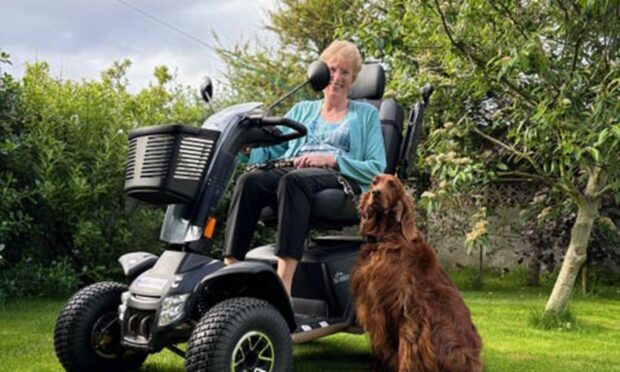
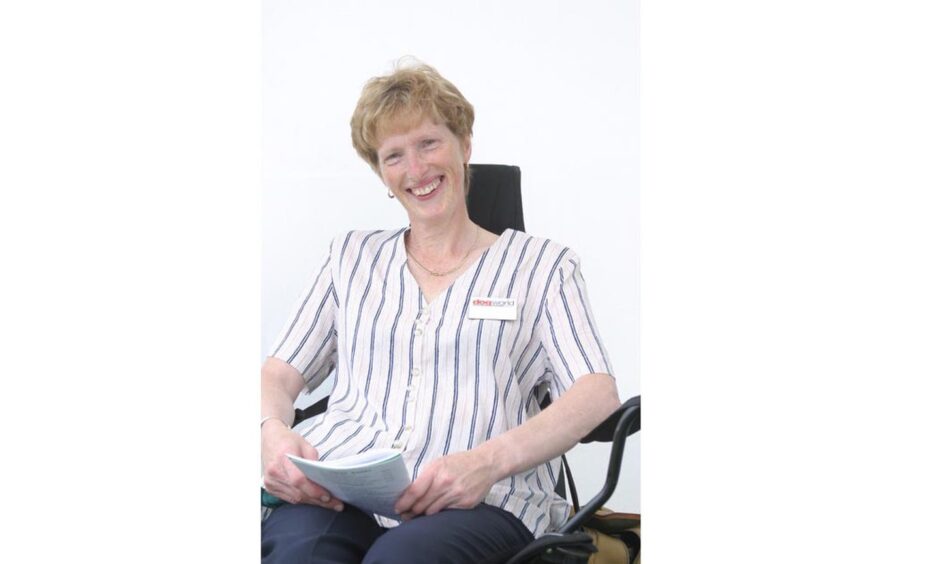
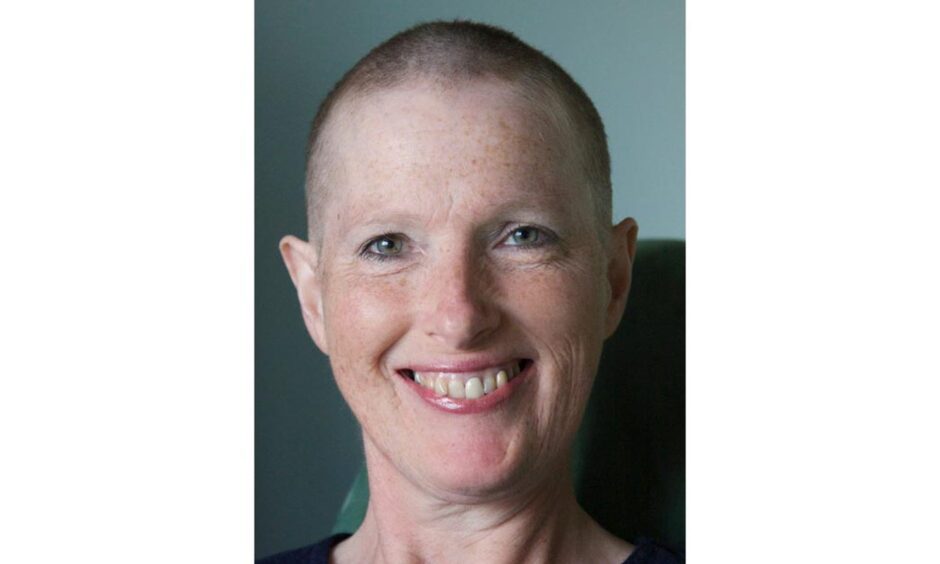
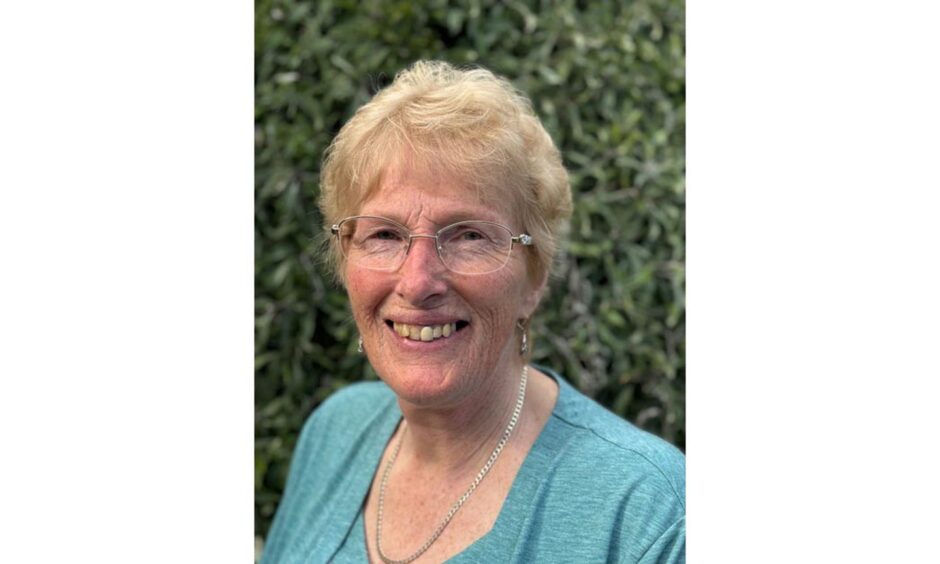
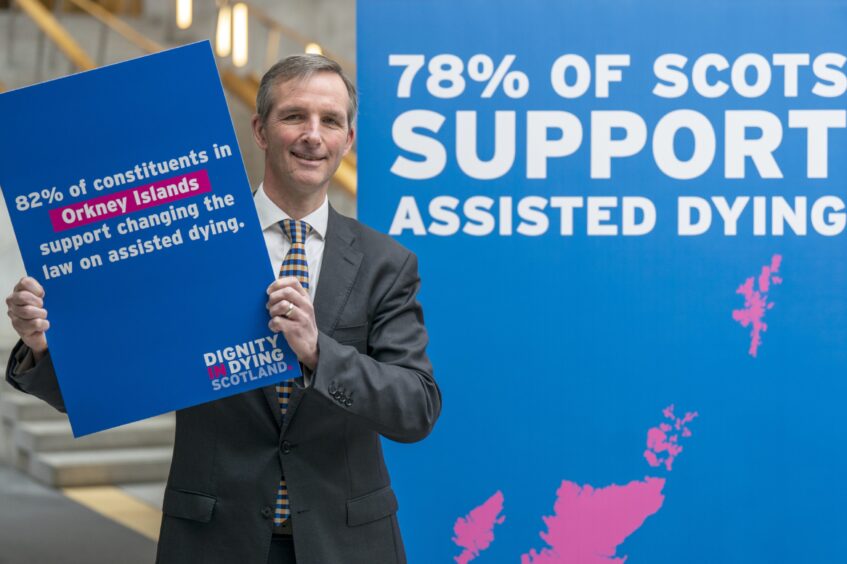
Conversation